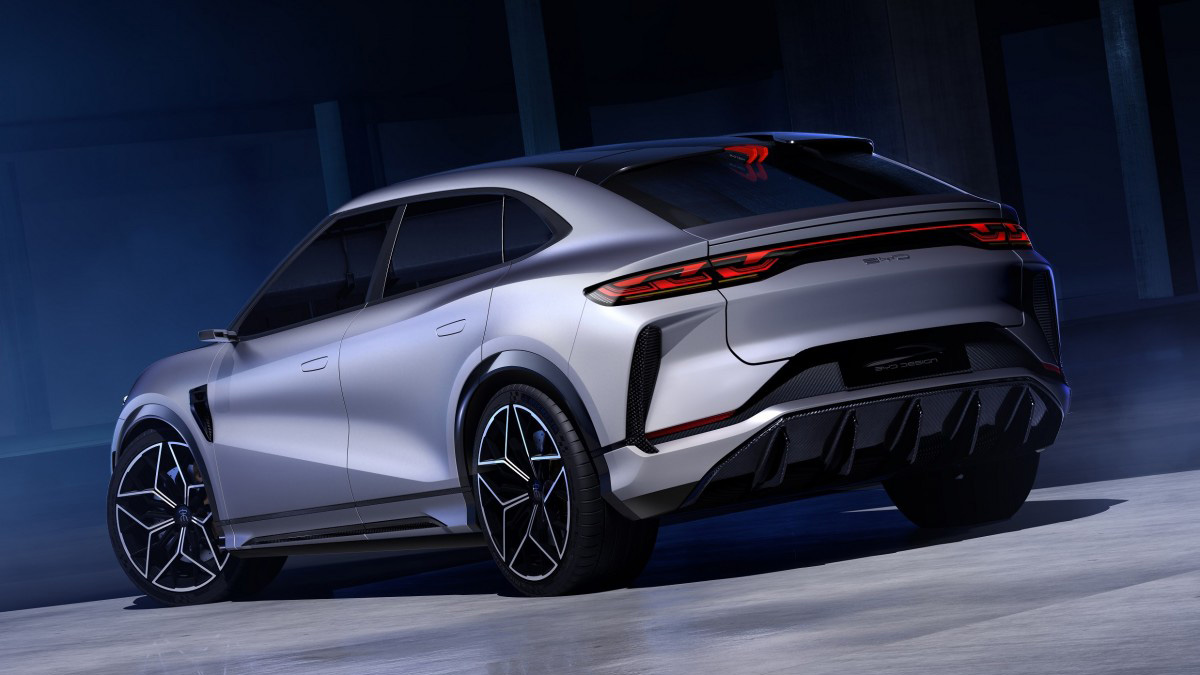BYD plans to install Huawei's Qiankun intelligent driving system in the Bao 8 SUV, part of its Fangchengbao lineup. The company will release this new model later this year.
This partnership shows BYD's push to step up its game in the premium EV market. The company has been working hard to boost sales of its high-end brands like Denza, Fangchengbao, and Yangwang. It's all part of BYD's plan to make more money. So far, these fancy brands make up about 5% of BYD's total sales in the first half of the year, according to the China Association of Automobile Manufacturers.
BYD has done well by making its own key parts, like batteries. This strategy has given the company a big advantage in keeping costs down. But when it comes to smart driving features for its pricier models, BYD still needs help from outside companies.
Since last year, BYD has hired thousands of engineers to work on its own advanced driver-assistance system (ADAS). But the company isn't quite there yet with its in-house tech for its top-end cars.
On the other hand, Huawei has been making a name for itself as a go-to supplier for ADAS in the EV world. The tech giant has even scored a deal with Audi to provide ADAS for its EVs in China.
For Huawei, teaming up with BYD is another big win that strengthens its position in the EV sector. As for BYD, this move shows it's serious about catching up with rivals in smart driving tech for its premium models.
It's worth noting that BYD isn't putting all its eggs in one basket. The company also works with Momenta, another tech firm that provides ADAS for BYD's Denza cars.
This BYD-Huawei partnership is a clear sign of the fierce competition in China's EV market. As carmakers race to offer the smartest, most advanced vehicles, we can expect to see more team-ups like this in the future.
Source: Reuters

